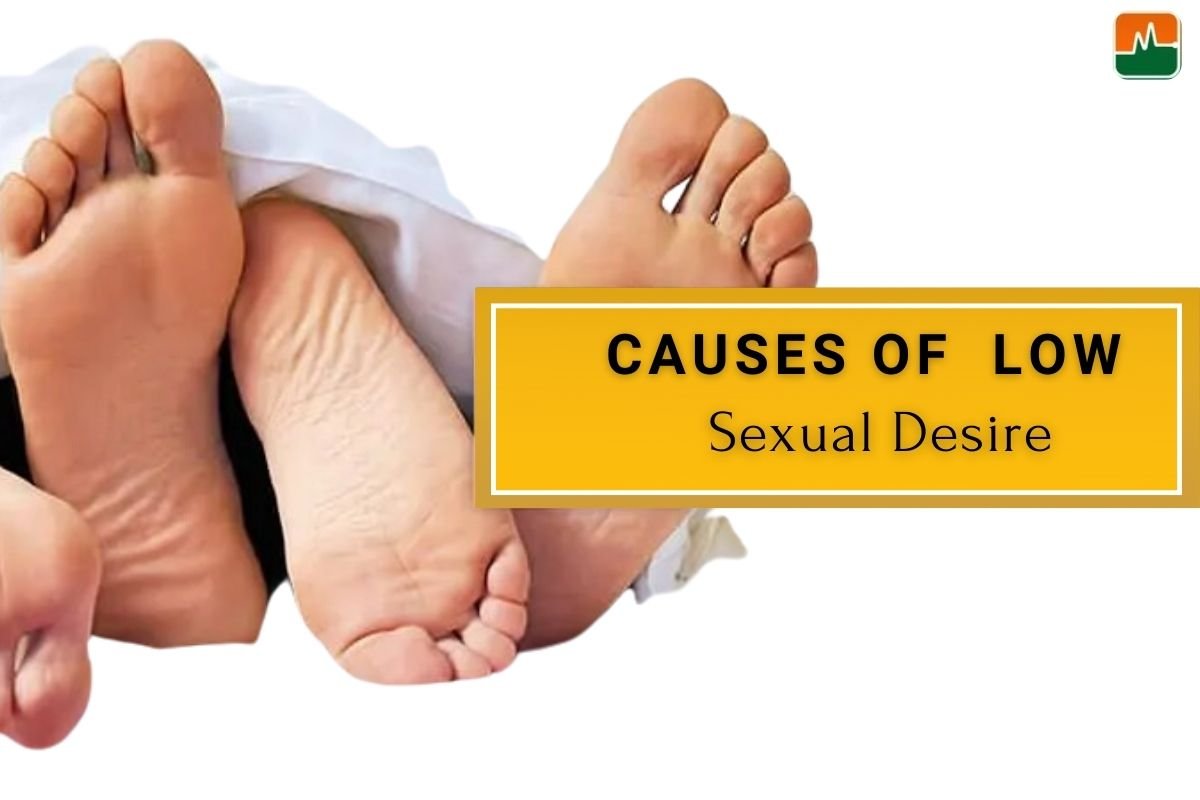In today’s fast-paced world, stress has become an unwelcome companion for many. It creeps into our lives and affects us in more ways than one, including our intimate relationships. Whether due to work, family obligations, or financial pressures, stress can have devastating effects on our sexual desire. In this article, we will explore the intricate relationship between stress and sexual desire, examining how elevated stress levels can lead to a decrease in libido. We will also provide practical insights on managing stress to rekindle the lust for intimacy.
How Stress Impacts Sexual Desire
The Biological Connection
When stress manifests, the body goes into survival mode. This triggers the release of hormones like cortisol and adrenaline, intended to prepare us for “fight or flight.” While this response can be beneficial in short bursts, chronic stress leads to a sustained increase in these hormones which can negatively impact sexual function.
- Hormonal Imbalance:
- Elevated cortisol levels can disrupt the balance of sex hormones, such as estrogen and testosterone, leading to reduced sexual desire.
- Physical Symptoms:
- Stress can also lead to physical issues such as fatigue or headaches, making intimacy feel like an undesirable chore rather than a pleasurable experience.
Psychological Effects
Stress doesn’t just manifest physically; it infiltrates our thoughts and mental well-being. Anxiety, depression, and feelings of overwhelm can sap our motivation and desire for intimacy.
- Decreased Self-Esteem: Chronic stress may lead individuals to feel less attractive, which can diminish sexual interest.
- Loss of Connection: Emotional stress can create barriers in relationships, leading to a lack of intimacy and communication between partners.
Common Sources of Stress Affecting Sexual Desire
Work-Related Stress
For many, work is a primary source of tension. Long hours, tight deadlines, and the pressure to perform can all lead to overwhelming stress. This constant state of pressure not only occupies our minds but also detracts from our ability to connect with our partners.
- Long Hours: The energy expended on work often leaves little room for intimacy.
- Workplace Pressure: The anxiety brought home from the office can linger throughout the evening.
Relationship Pressures
Interestingly, the most cherished relationships can also be sources of significant stress. Conflicts, unmet expectations, or parenting challenges can overshadow the romance in a relationship.
- Communication Barriers: Sometimes, the inability to express feelings regarding stress can lead to misunderstandings and resentments.
- Financial Concerns: Economic strain can exacerbate existing relationship issues, creating a cycle of stress that directly impacts sexual desire.
Lifestyle Choices
Our daily choices — from diet to sleep — can significantly affect our stress levels and libido. Poor nutrition, lack of physical activity, and insufficient sleep may increase stress and fatigue, leading to diminished sexual interest.
Read More– Gupt Rog Specialist
Strategies to Manage Stress and Boost Sexual Desire
Communication is Key
One of the most powerful tools in overcoming the adverse effects of stress on relationships is open communication.
- Express Feelings: Talk to your partner about what’s bothering you. Expressing thoughts and feelings can bring relief.
- Work Together: Identify stressors and tackle them as a team. This can strengthen your bond and improve intimacy.
Prioritize Self-Care
Taking care of yourself is vital for managing stress.
- Exercise Regularly: Physical activity releases endorphins, which are natural stress relievers.
- Practice Mindfulness: Techniques such as meditation or yoga can reduce stress and enhance emotional connection.
Schedule Intimacy
When life gets busy, intimacy can often be deprioritized. Scheduling time for intimacy can help reinforce its importance in your relationship.
- Date Nights: Make regular date nights a fun priority, distinct from everyday activities.
- Minimize Distractions: Create a calm environment to foster closeness, free from interruptions.
Conclusion
Stress can be a significant barrier to sexual desire, impacting both physical and emotional aspects of intimacy. Whether the source of your stress stems from work, relationships, or lifestyle, it’s essential to recognize and address these factors. By practicing effective communication, prioritizing self-care, and scheduling intimate moments, you can mitigate the effects of stress and reignite the passion in your relationship.











Leave a Reply